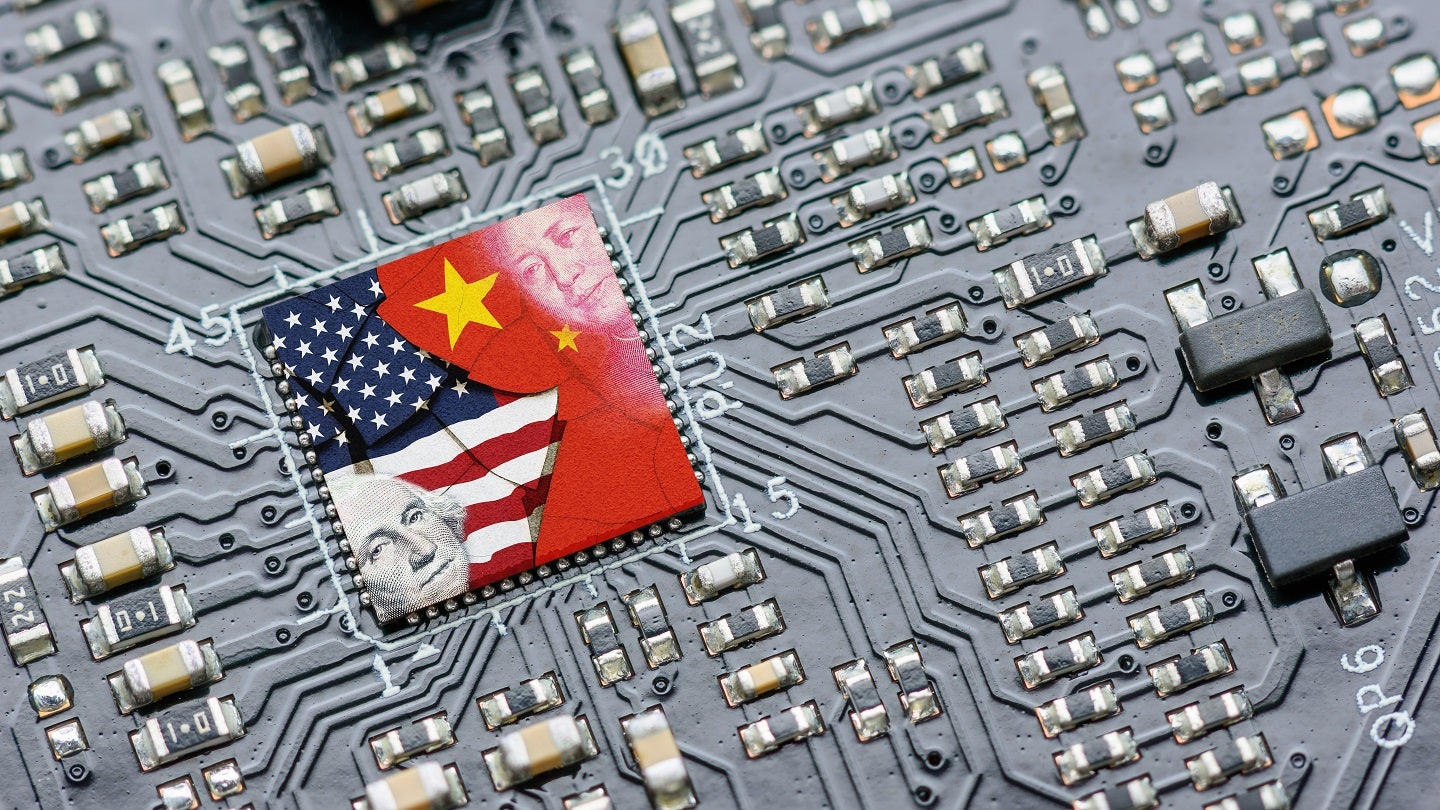
The US has announced the implementation of new export controls on advanced chipmaking equipment and quantum computing technologies, aiming to address national security concerns.
The Commerce Department’s Bureau of Industry and Security (BIS) published an interim final rule (IFR) that took effect immediately, with a 60-day public comment period now open.
According to the BIS, the new measures would strengthen international relationships with like-minded countries and ensure that US export controls are in step with rapidly advancing technologies that could pose serious threats to national security if misused.
The IFR introduces global export controls on items such as quantum computers, advanced semiconductor manufacturing equipment, Gate All-Around Field-Effect Transistor technology that is used to create high-performance chips for supercomputers, and additive manufacturing items related to metal or metal alloy production.
According to Reuters, the UK and other nations have already established similar restrictions, and more countries are expected to follow suit.
BIS under secretary Alan Estevez said: “Today’s action ensures our national export controls keep step with rapidly evolving technologies and are more effective when we work in concert with international partners.
How well do you really know your competitors?
Access the most comprehensive Company Profiles on the market, powered by GlobalData. Save hours of research. Gain competitive edge.

Thank you!
Your download email will arrive shortly
Not ready to buy yet? Download a free sample
We are confident about the unique quality of our Company Profiles. However, we want you to make the most beneficial decision for your business, so we offer a free sample that you can download by submitting the below form
By GlobalData“Aligning our controls on quantum and other advanced technologies makes it significantly more difficult for our adversaries to develop and deploy these technologies in ways that threaten our collective security.”
BIS Commerce for Export Administration assistant secretary Thea D. Rozman Kendler said: “The most effective way to protect our national security is to develop and coordinate our controls alongside like-minded partners, and today’s actions demonstrate our flexibility in how we craft such controls to achieve our national security objective.
“Not only are we adopting new emerging technology controls with this rule, we are also building increased agility into our system with a new license exception for trusted partners.”
This latest action builds upon previous restrictions primarily targeting China, including comprehensive measures enacted in 2022 that required US companies to obtain a license before shipping certain advanced chip equipment to Chinese clients and limited support from US persons for chip development or production in China.







